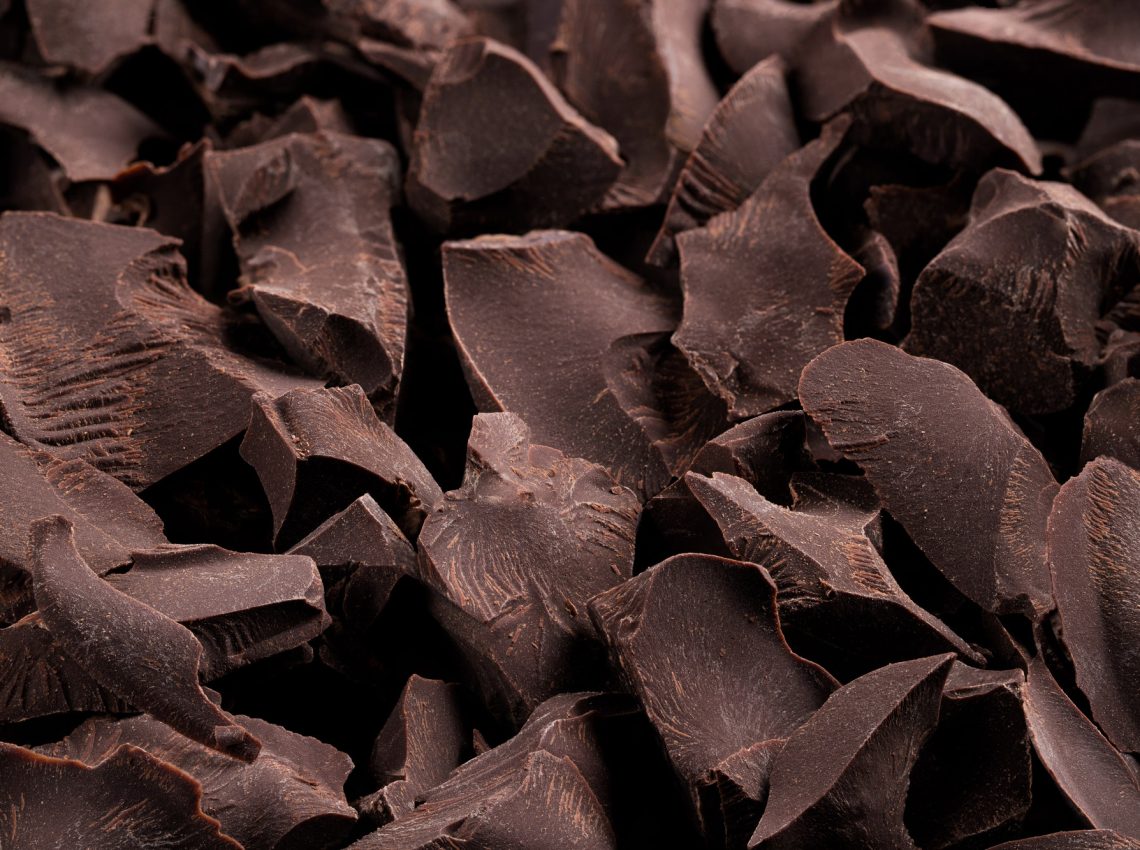Dark Chocolate Consumption Linked to Lower Risk of Type 2 Diabetes

A recent study from Harvard T.H. Chan School of Public Health has shed light on the potential health benefits of dark chocolate. According to the findings, consuming dark chocolate—unlike milk chocolate—may significantly reduce the risk of developing type 2 diabetes (T2D).
“This research highlights the importance of making thoughtful dietary choices,” said lead author Binkai Liu, a doctoral student in the Department of Nutrition. “Opting for dark chocolate over milk chocolate could have measurable benefits for long-term health.”
The Study
The study analyzed data from over 192,000 adults who participated in the Nurses’ Health Studies I and II and the Health Professionals Follow-up Study. These participants, all initially free of diabetes, provided detailed information about their dietary habits—including chocolate consumption—and were followed for more than 30 years.
By the end of the study, nearly 19,000 participants had been diagnosed with T2D. Among those who reported specifically on their intake of dark and milk chocolate, researchers found a striking contrast in outcomes:
- Participants consuming at least five servings of dark chocolate per week had a 21% lower risk of developing T2D.
- Each additional weekly serving of dark chocolate further reduced T2D risk by 3%.
- In contrast, milk chocolate consumption was not associated with any significant reduction in T2D risk and was linked to long-term weight gain—a known contributor to diabetes.
Why Dark Chocolate Stands Out
The study points to polyphenols, naturally occurring compounds found in high concentrations in dark chocolate, as the likely driver of its health benefits. These compounds may counteract the negative effects of sugar and saturated fat by improving insulin sensitivity and reducing inflammation, both of which are key factors in preventing T2D.
“This clear difference between dark and milk chocolate is fascinating,” said Qi Sun, associate professor of nutrition and epidemiology. “Even though they have similar calorie content, the polyphenols in dark chocolate seem to tip the scales toward better health outcomes.”
Practical Implications
The researchers emphasize that moderation is key. The participants’ average chocolate consumption was relatively low compared to national averages, suggesting that even modest amounts of dark chocolate could be beneficial. However, overindulgence, especially in sugar-laden varieties, could negate these benefits.
“These findings encourage people to think critically about the types of sweets they consume,” Liu said. “Small changes, like choosing dark chocolate, can have meaningful effects on health over time.”
Looking Ahead
While the study offers valuable insights, the authors call for more research to confirm these findings and explore the mechanisms by which dark chocolate impacts diabetes risk. Future studies could help refine dietary recommendations and uncover additional health benefits of this bittersweet treat.
The full findings are set to be published in The BMJ.















